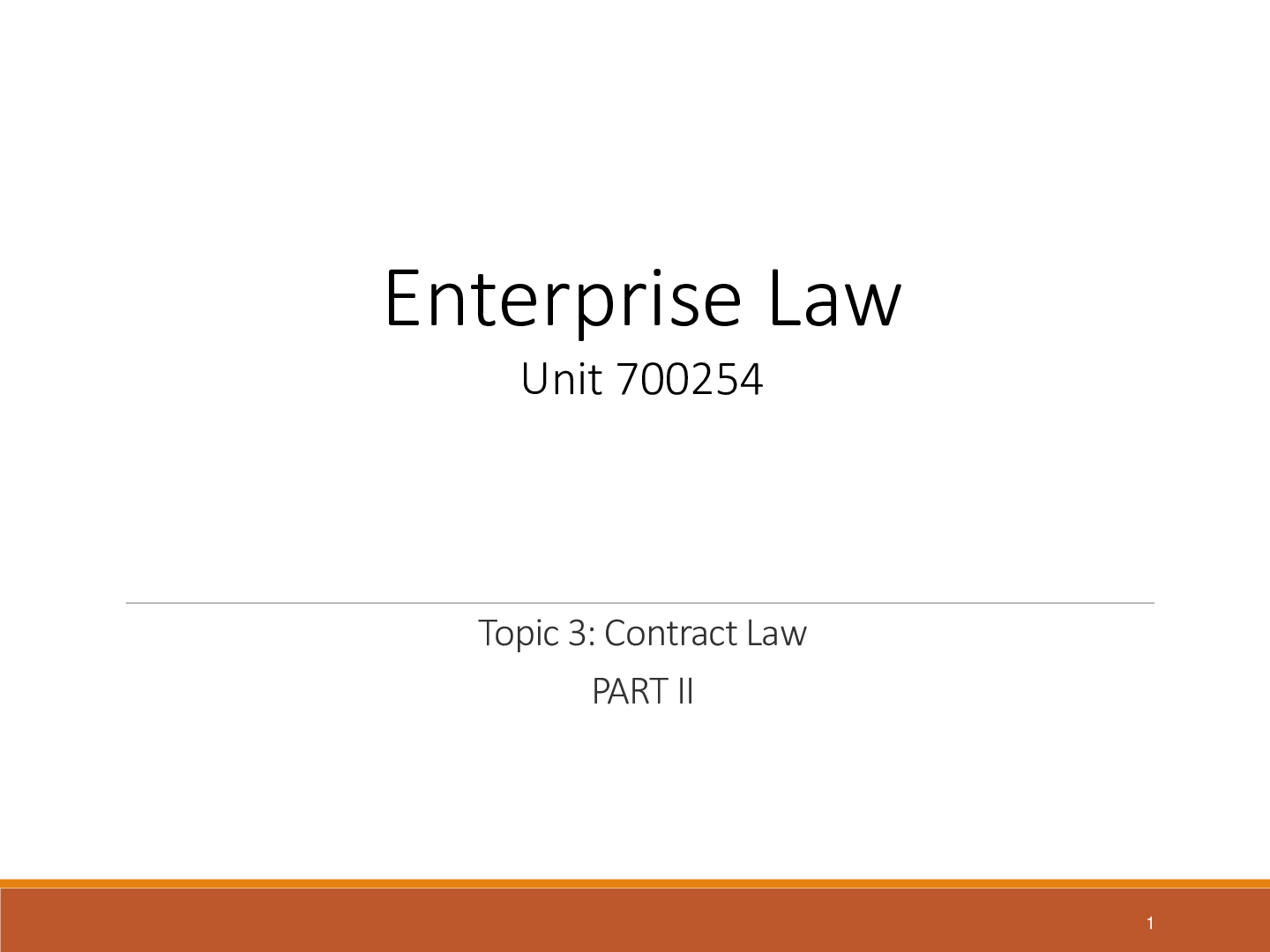Enterprise Law > Study Notes > Enterprise Law Unit 700254: Topic 1: The Australian Legal System PART 2. (All)
Enterprise Law Unit 700254: Topic 1: The Australian Legal System PART 2.
Document Content and Description Below
The Legislative Process How is statute law made? ◦ Proposal for a new law ◦ Drafting of a Bill ◦ notice ◦ presentation and ‘first reading’ ◦ second reading ◦ committee ◦ thir... d reading ◦ transmission to the House of Review (above steps repeated) ◦ presentation for Royal Assent; ◦ Bill is now an Act of Parliament (enacted law) 2Statute law Statute law also includes laws made by other government bodies. This is known as delegated legislation and takes the form of: ◦ by-laws; ◦ orders; ◦ rules and regulations. 3Federal & State Legislative Powers ◦ Exclusive powers ◦ Concurrent powers ◦ Residual powers 4Federal & State PowersFederal & State Legislative Powers Conflict between Federal and State Powers? Where there is any inconsistency between laws made under the Exclusive Powers provisions of the Commonwealth Constitution and a State, section 109 provides that the State laws, to the extent of the inconsistency, shall be invalid. Most of the Commonwealth powers are held concurrently (shared) with the states (s 51).Statutory Interpretation ◦ With the increasing complexity of legislation, sometimes the ‘real’ meaning of a word or phrase requires clarification. ◦ Doubt arises because of ambiguities, or even about the extent of operation of the Act itself, this creates problems in applying any set of written rules. ◦ When a dispute arises, and if the definitions in the Act are of no help, there are a number of sources of guidance for the courts: 7Methods of statutory interpretation 1. The Literal (‘plain meaning’) Approach ◦ the Act is read as a whole and, if its meaning is plain, that is the end of the matter ◦ see Fisher v Bell [1961] 1 QB 394; 2. The Golden Rule ◦ an extension of the literal approach ◦ used when the plain meaning results in an absurdity, an injustice or an inconsistency with the intentions of Parliament ◦ see Lee v Knapp [1967] 2 QB 442; 8Fisher v Bell [1961] 1 QB 394 Bell, a shopkeeper, had displayed a flick knife in his shop window with a price tag on it. He was charged under the Restriction of Offensive weapons Act 1959 (UK) which, among other things, stated that: Any person who sells, lends or gives a flick knife to any other person commits an offence. In the absence of any definition in the Act extending to the meaning of ‘offers for sale’, according to the literal interpretation of the words, Bell had not committed an offence because the display of the knife in the shop window only amounted to an invitation to treat, even with the price tag attached. This case is interesting as a criminal prosecution was voided by reference to principles of contract law. ::::::::::::::::::::::::::::::::::::::::CONTENT CONTINUED IN THE ATTACHMENT::::::::::::::::::::::::::::::::::::::::::::::::::: [Show More]
Last updated: 2 years ago
Preview 1 out of 53 pages

Buy this document to get the full access instantly
Instant Download Access after purchase
Buy NowInstant download
We Accept:

Reviews( 0 )
$3.00
Can't find what you want? Try our AI powered Search
Document information
Connected school, study & course
About the document
Uploaded On
Sep 30, 2020
Number of pages
53
Written in
Additional information
This document has been written for:
Uploaded
Sep 30, 2020
Downloads
0
Views
91

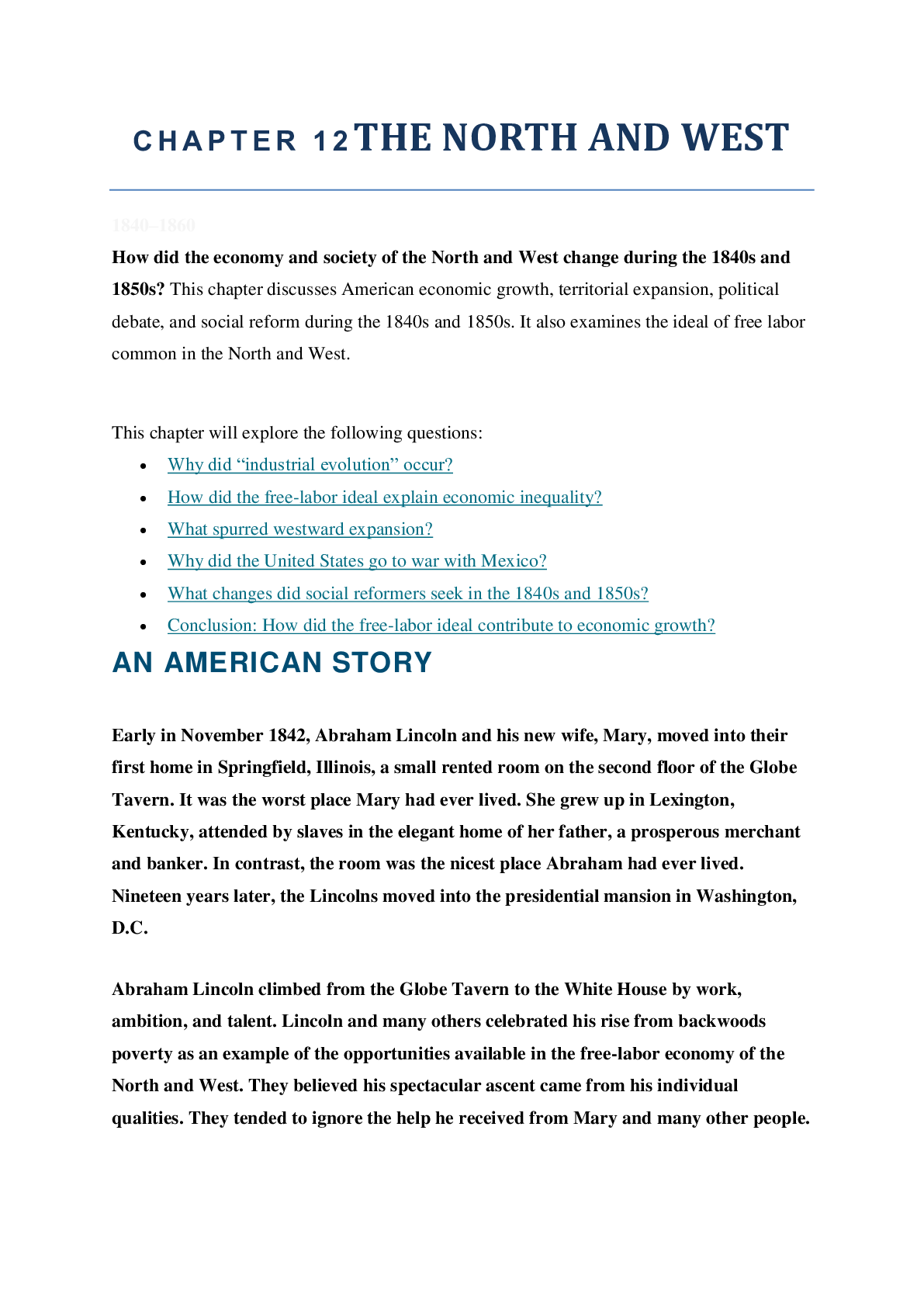


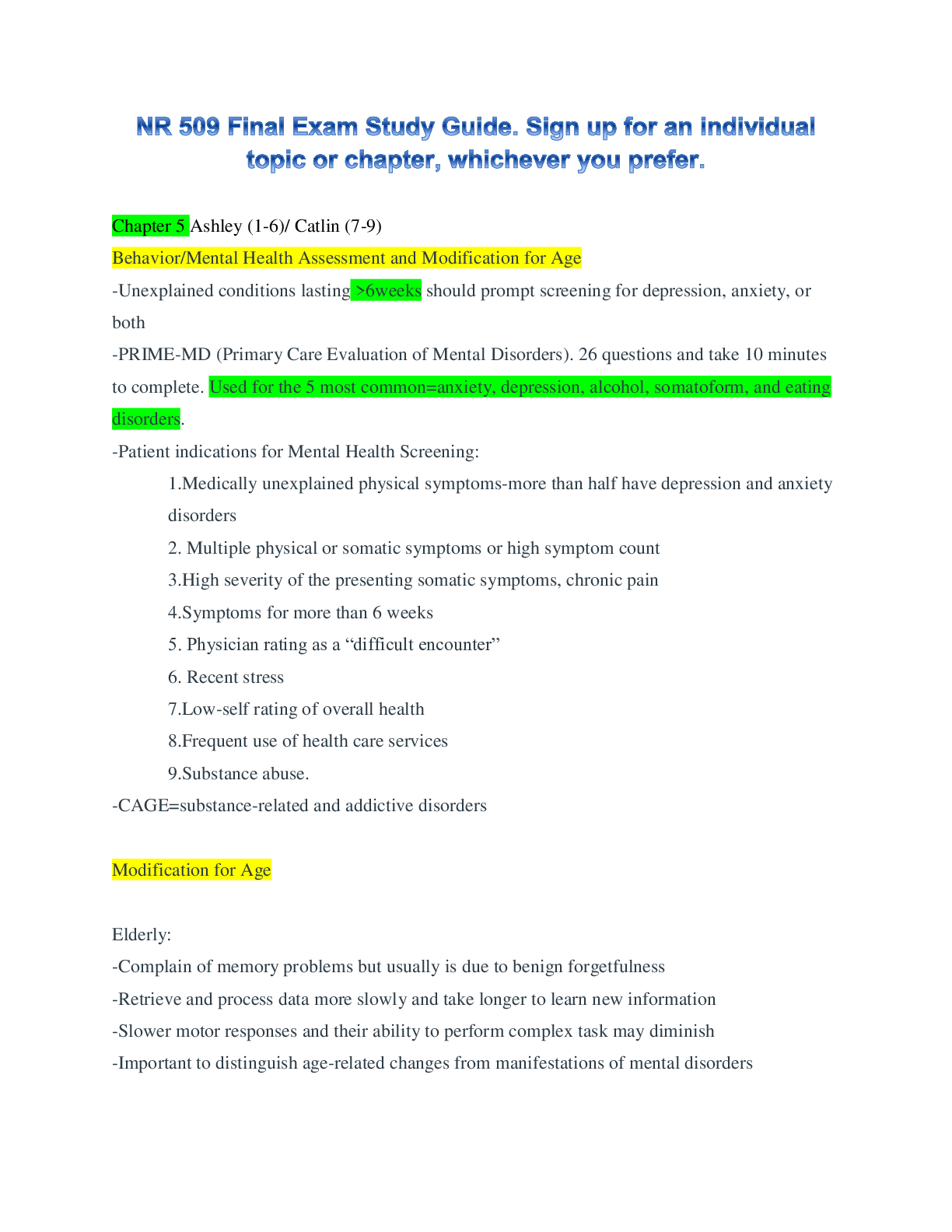

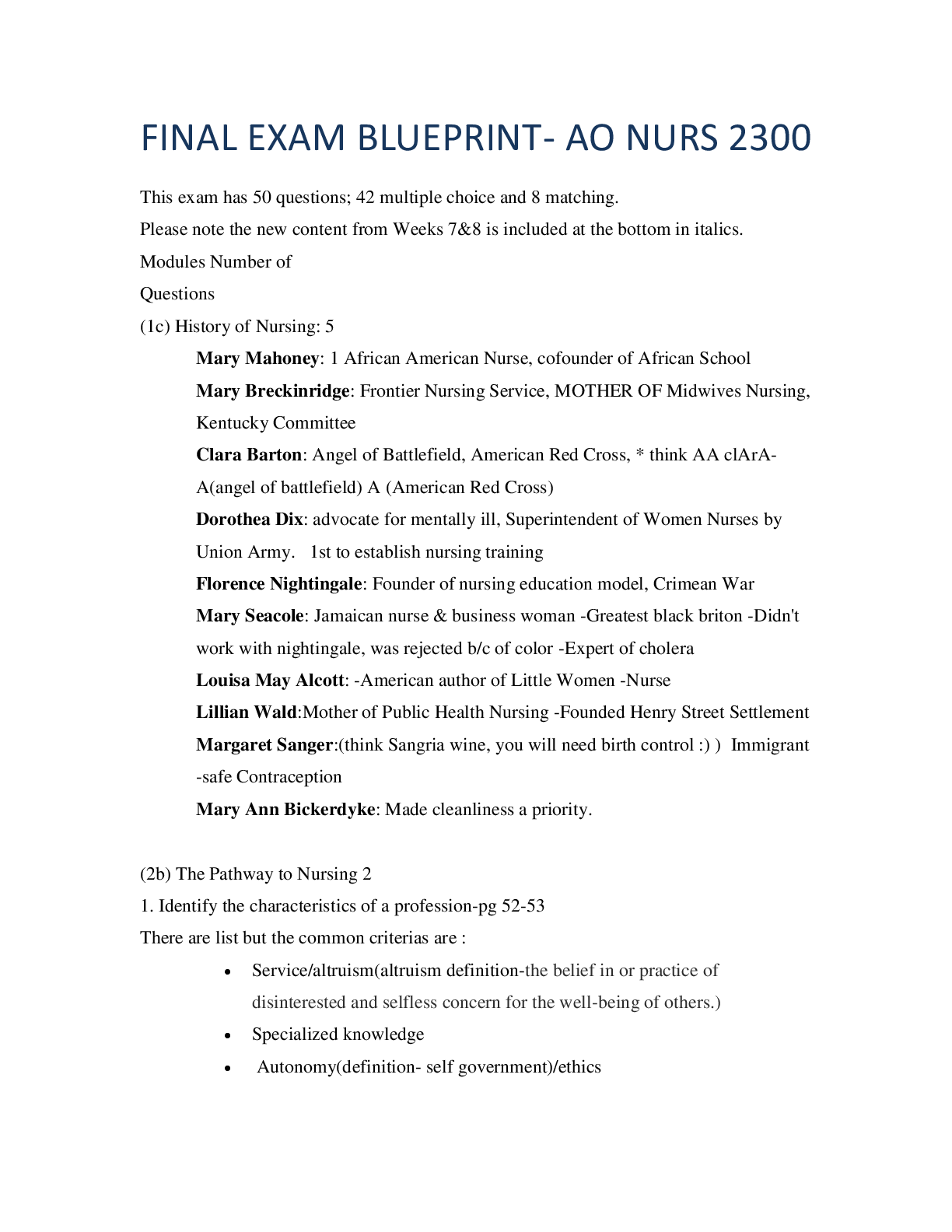
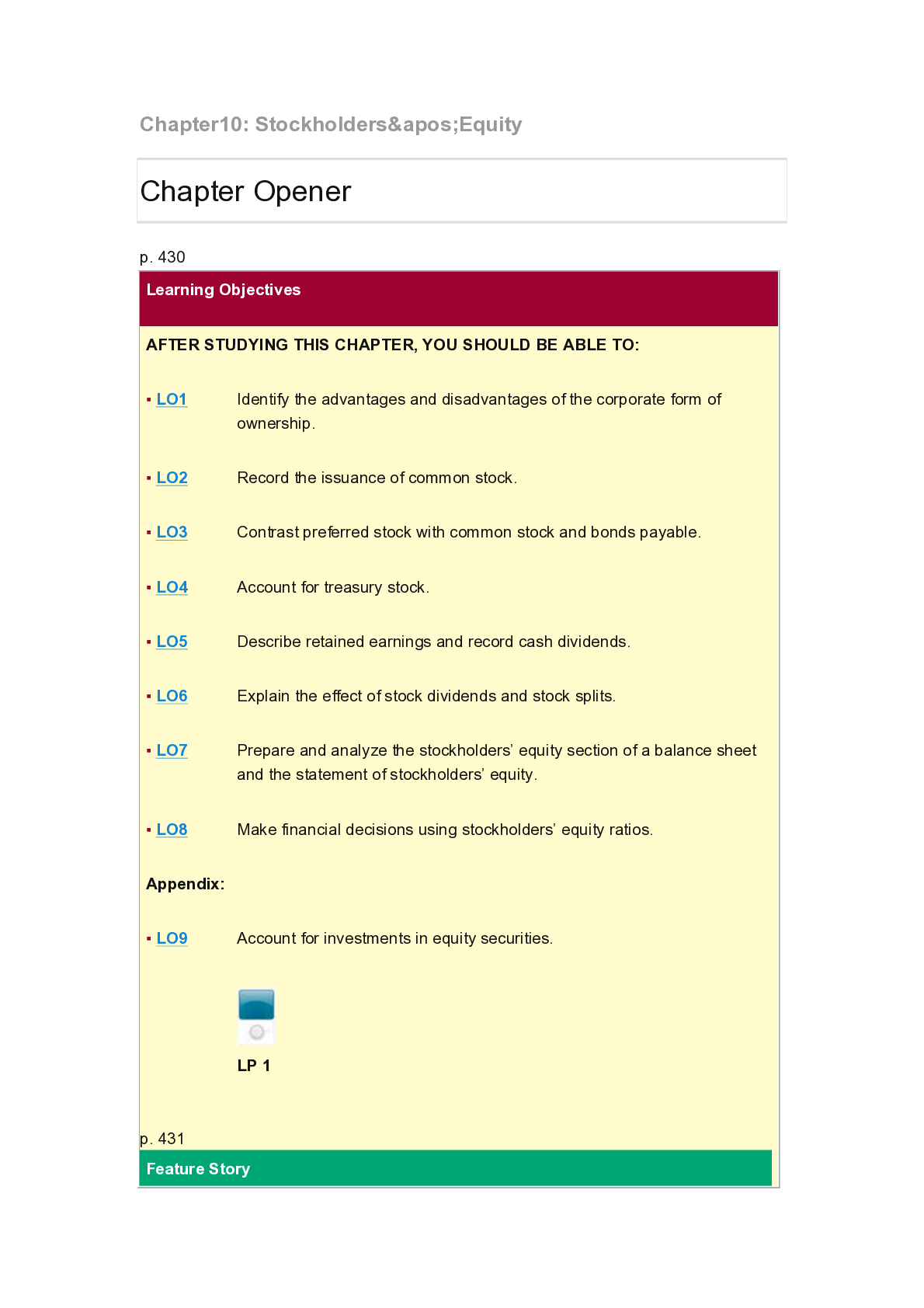


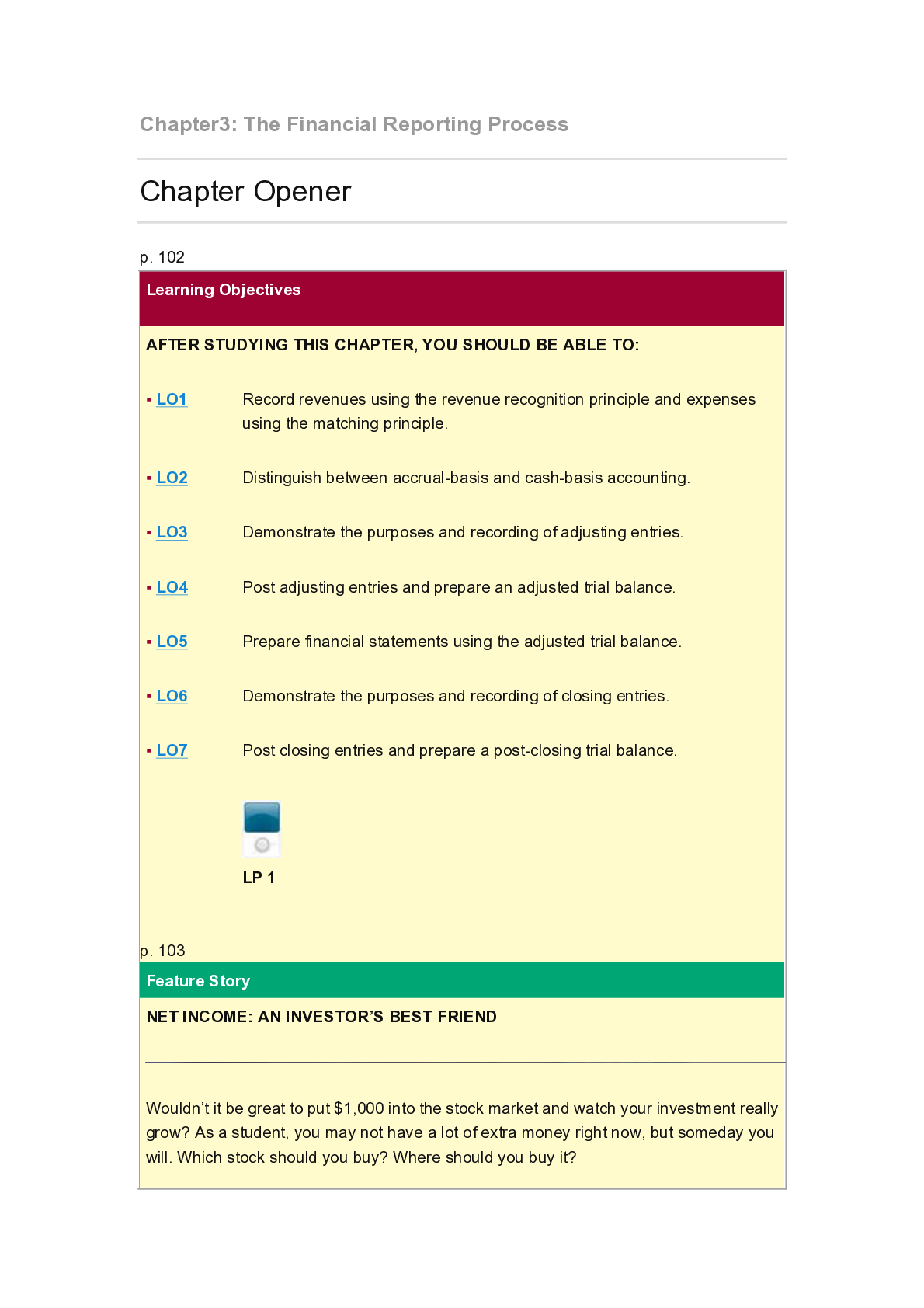

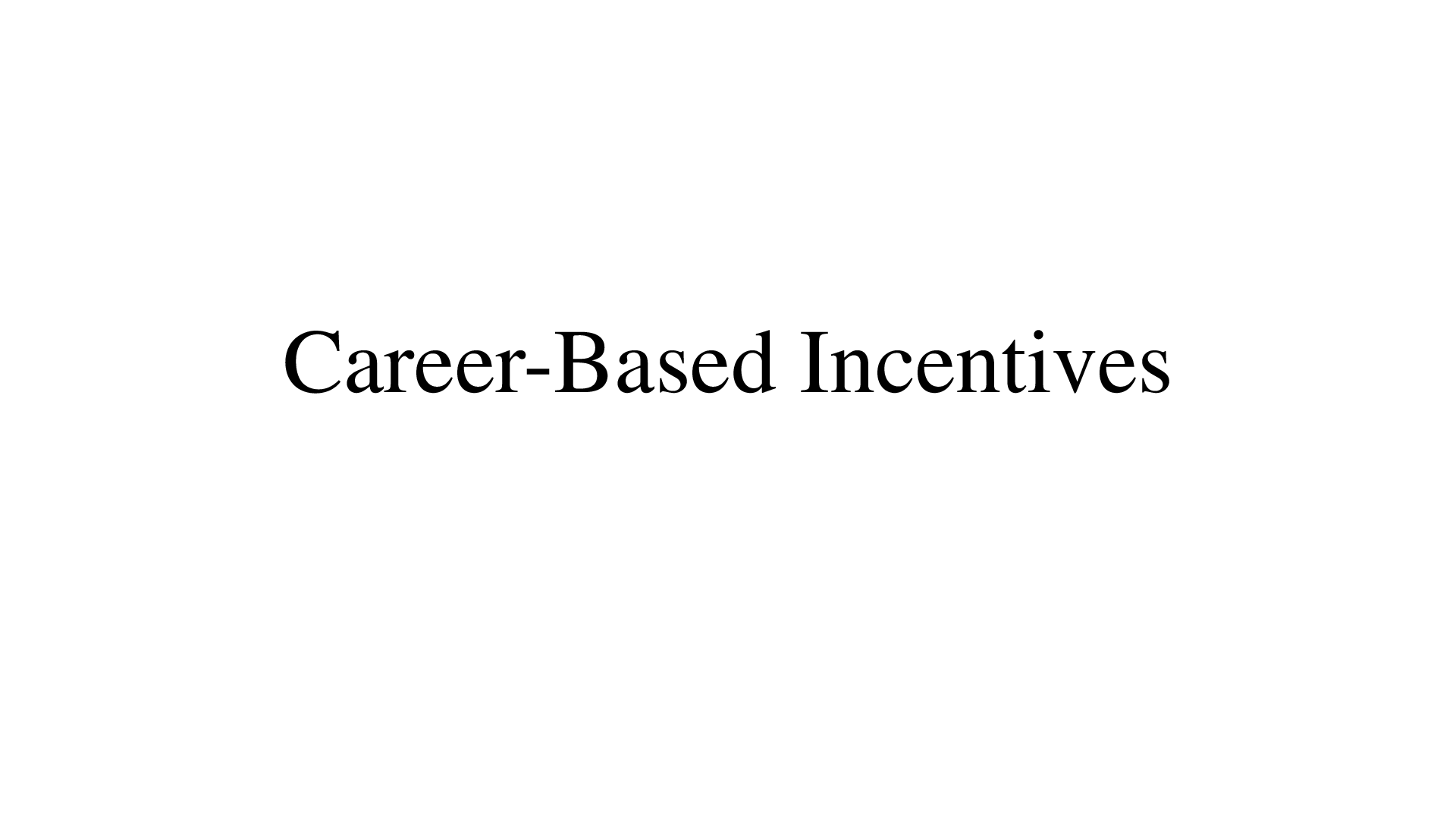

.png)


